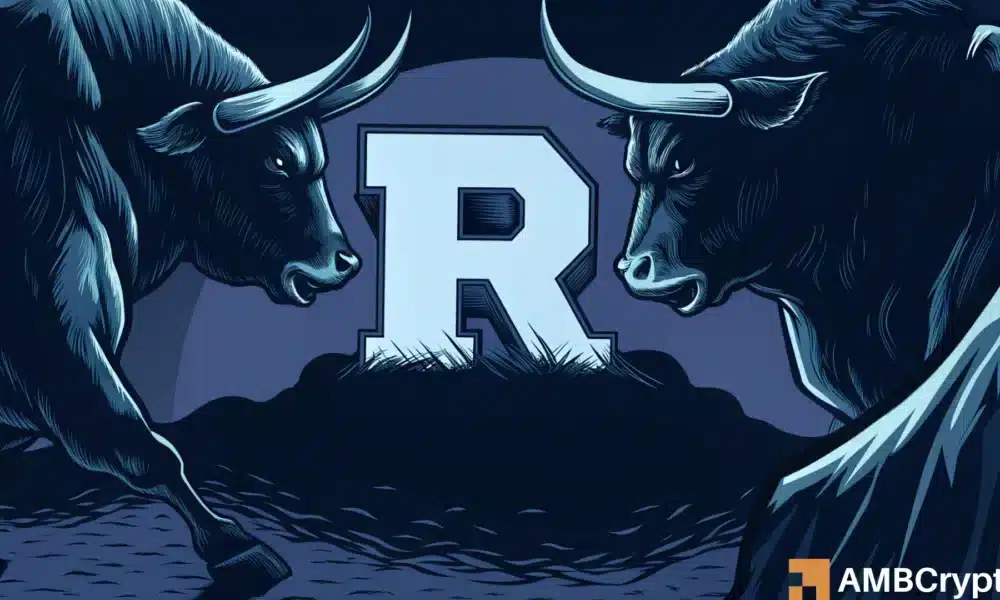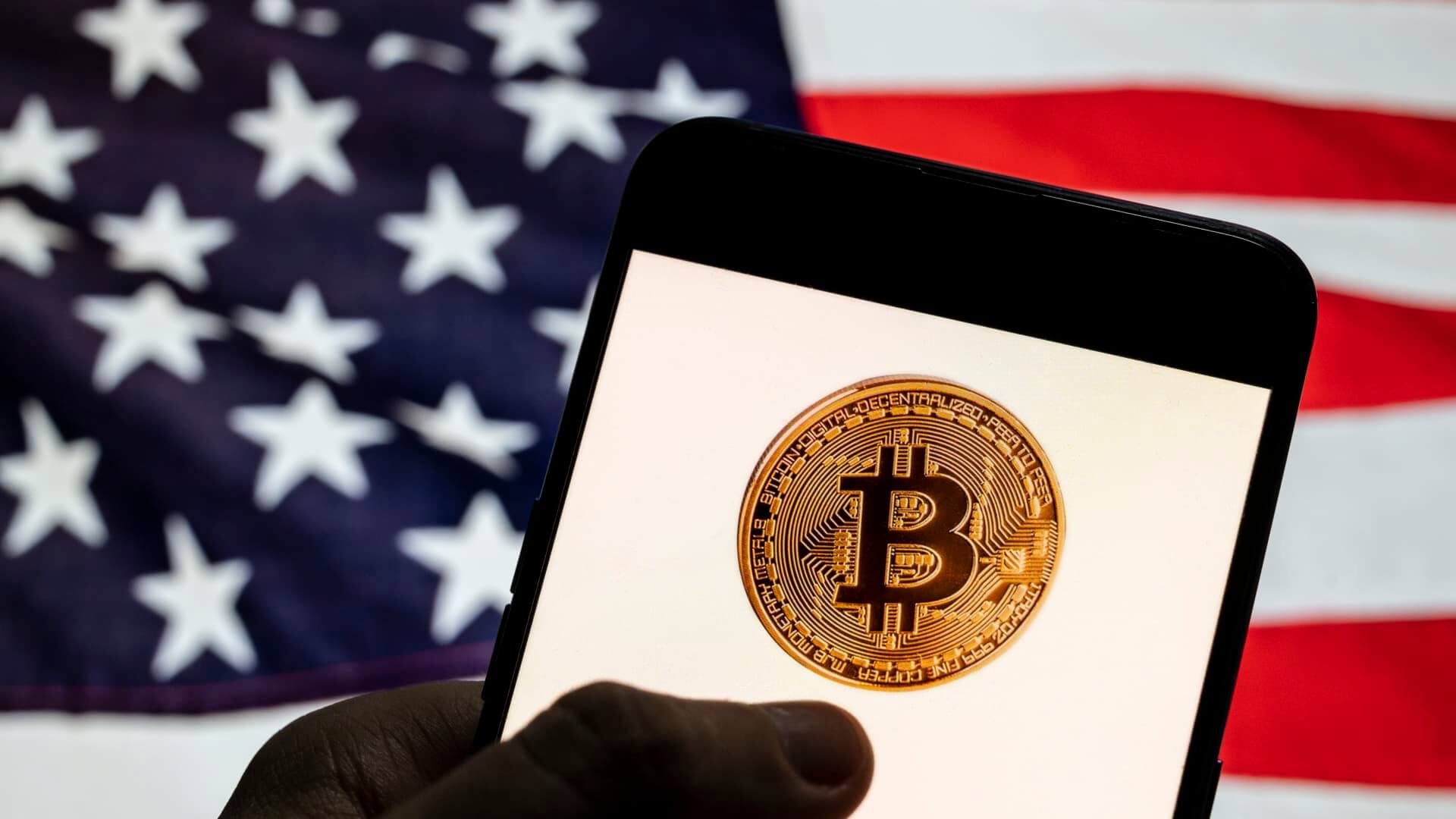- The proposal is spearheaded by the chairs of the Agriculture and Financial Services committees.
- The draft serves as an initial point of discussion in the dialogue about regulating cryptocurrencies.
The Republican heads of two significant House committees, Patrick McHenry of the House Financial Services Committee and Glenn Thompson of the House Agriculture Committee, have disseminated a preliminary bill. This bill introduces a legal mechanism for digital assets, starting as securities, to transition into being regulated as commodities.
The bill was made public last Friday (June 2, 2023). It is primarily a platform for debate among Republicans and Democrats, along with the Senate, regulators, and private entities. This comes from senior staff involved in the bill’s creation.
Given its substantial length of 162 pages, the draft is expected to confront substantial resistance in obtaining necessary Democratic endorsement. However, it sheds light on the Republican standpoint following months of urging for a digital assets regulatory structure.
Tokens proposed as an investment contract would stay under the scrutiny of the Securities and Exchange Commission. Those qualifying as commodities would come under the purview of the Commodity Futures Trading Commission. The commodity status of an asset would be determined mostly by the decentralization degree of the corresponding blockchain network.
To deem a network decentralized, the draft imposes certain stipulations. Over the preceding year, no individual must have had the exclusive power to bring substantial changes to the network’s operation or functionality. Furthermore, no token issuer or connected individual should hold 20% or more of the outstanding digital asset units.
The draft legislation permits token issuers to validate their blockchains or related smart contracts sufficient decentralization to the SEC, but also bestows upon the SEC the authority to challenge this assertion. The SEC has a defined period of 30 days for deliberation, but with an option to request a one-time extension of up to 90 days.
Gary Gensler, the SEC Chair, has staunchly maintained that most digital assets fall under the securities category and dismisses the need for any new regulations. He contends that the dilemma doesn’t stem from the lack of clear rules, but from trading platforms’ reluctance to comply with the existing ones — a viewpoint that has garnered the support of numerous Congressional Democrats. On the other hand, the crypto industry has objected, stating that the current regulations are neither feasible nor transparent, leading them to appeal for legislative intervention.
The Republican chairmen’s draft legislation provides guidelines on how platforms can officially register with either the SEC, the CFTC, or both. It requires these two regulatory bodies to jointly formulate rules concerning the definitions and supervision of exchanges that are dually registered.
In addition, it proposes a transition phase during which the regulators develop rules, allowing platforms to submit a provisional registration statement to either the SEC or the CFTC. Alongside, it insists on carrying out comprehensive studies on nonfungible tokens (NFTs) and decentralized finance (DeFi).
Of course, this bill will have a broad impact on the intersection of digital Assets and securities law.
Montague Law will be conducting an in-depth analysis, which can be found on our Blog.
by John Montague
[View source.]
Credit: Source link















































